Nanotechnology and Global Sustainability
The rise of collaborative consumption, peer-to-peer systems, and not-for-profit social enterprise heralds the emergence of a new era of human collectivity. Increasingly, this consolidation stems from an understanding that big-banner issuesuch as climate changere not the root causes of our present global predicament. There is a growing and collective view that issues such as this are actually symptoms of a much more vicious, seemingly insurmountable condition: our addiction to economic, consumption, and population growth in a world of finite resources. Nanotechnology and Global Sustainabilityuses nanotechnologyhe product of applied scientific knowledge to control and utilize matter at atomic and molecular scaless a lens through which to explore the interrelationship between innovation, politics, economy, and sustainability. This groundbreaking book addresses how stakeholders can actively reshape agendas to create positive and sustainable futures through this latest controversial, cross-sectoral technology. It moves beyond issues of efficiency, productivity, and utility, exploring the insights of 22 contributors from around the world, whose work spans the disciplines of science and the humanities. Their combined knowledge, reinforced with various case studies, introduces an exciting prospectow we can innovate without economic growth. This new volume in the Perspectives in Nanotechnology series is edited by Dr. Donald Maclurcan and Dr. Natalia Radywyl. Dr. Maclurcan is a social innovator and Honorary Research Fellow with the Institute for Nanoscale Technology at the University of Technology Sydney, Australia. Dr. Radywyl is a social researcher and Honorary Research Fellow in the School of Culture and Communication at the University of Melbourne, Australia. She is also an Adjunct Research Fellow in the Faculty of Life and Social Sciences at Swinburne University of Technology, Melbourne. This book is written for a wide audience and will be of particular interest to activists, scholars, policy makers, scientists, business professionals, and others who seek an understanding of how we might justly transition to sustainable societies.
{{comment.content}}


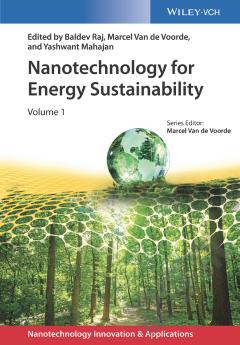
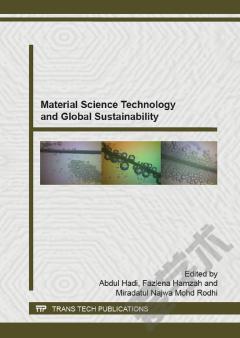
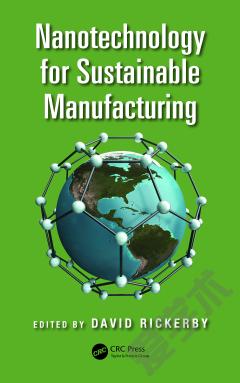
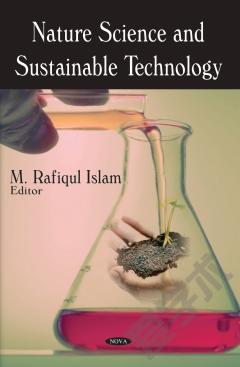
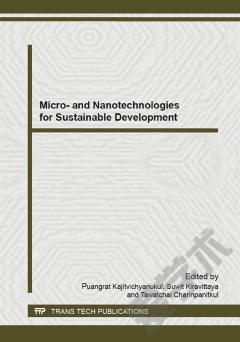

 京公网安备 11010802027623号
京公网安备 11010802027623号